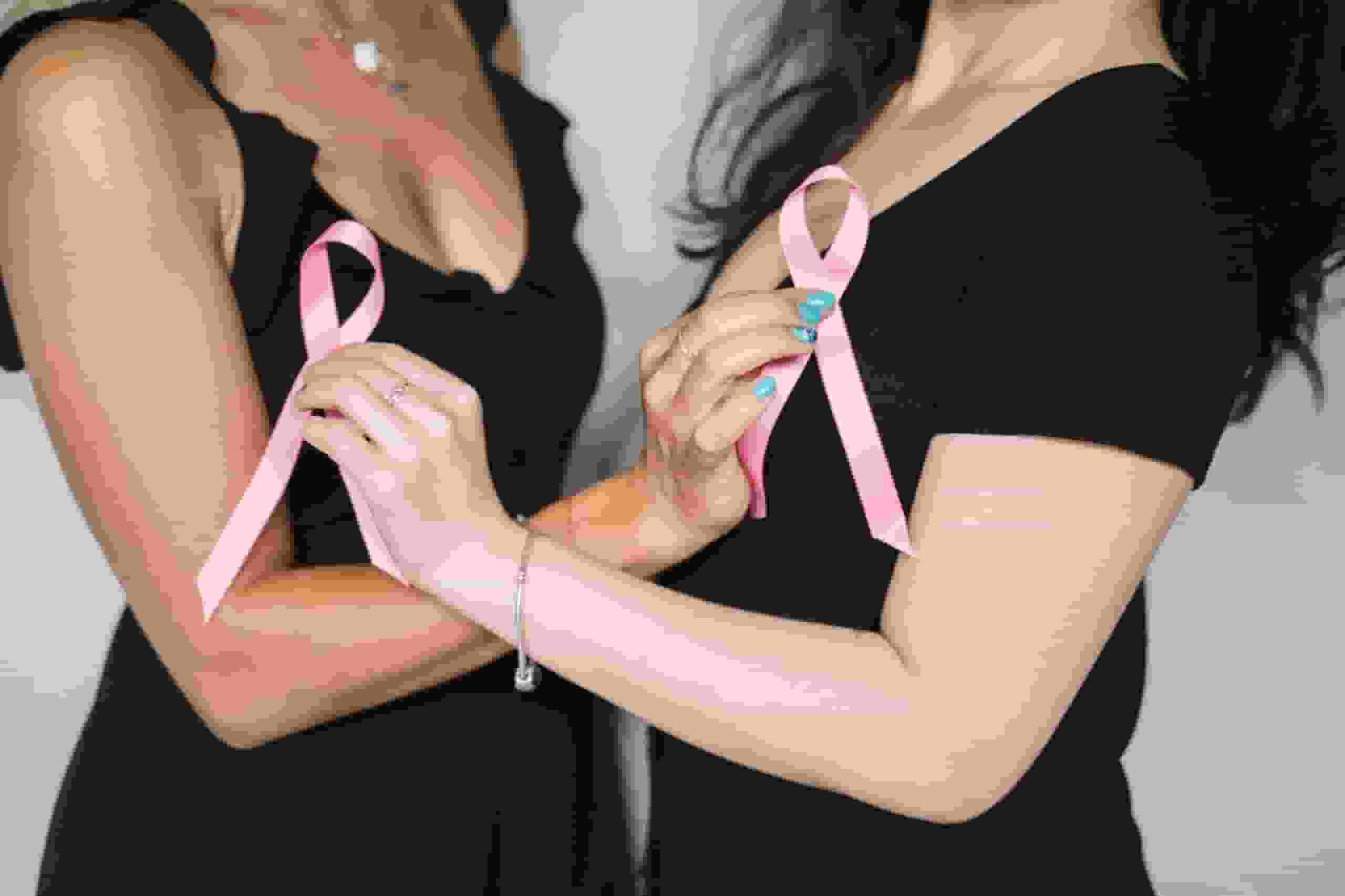
Dense breast tissue increases the risk of developing breast cancer by up to four times. A new study, however, found that many women are ignorant of the dangers of breast density.
During mammography, dense breasts are those that have more fibrous and glandular tissue than fatty tissue and may be recognized.
Many Women Underestimate Breast Density
The study, which was published in Jama Network Open on January 23rd, questioned 1,858 people aged 40 to 76 years who had recently undergone mammography, had no history of breast cancer, and had heard of breast density between 2019 and 2020.
It compared women’s perceptions of breast density as a significant risk factor for breast cancer to other well-known risk factors such as having a relative with this cancer, being overweight or obese, drinking more than one alcoholic beverage per day, never having children, and having a prior breast biopsy.
Despite the fact that breast density is connected with a 1.2 to four times increased chance of having this cancer, the study found that few women considered breast density to be a significant personal risk factor. Instead, 93% of women said that family history was the biggest risk, followed by 65% who believed that being overweight or obese had a bigger danger than breast density.
People can, however, take a variety of steps to lower their chance of acquiring cancer. A mammogram, often known as a breast screening, is an x-ray image of the breast used to screen for cancer in women. Mammography can detect otherwise invisible indications or symptoms of this cancer that cannot be felt, or it can be used to screen for cancer after a lump or other evidence of breast cancer have been found.
The American Cancer Society recommends that women aged 45 to 54 undergo a mammogram every year. Women aged 40 to 44 can also begin early screening, and those aged 55 and beyond can choose a mammogram every other year if they like.
Read more: China still has no action to stop the overdose crisis spreading overseas, US warns
Lowering Risk Of Having Breast Cancer

Breast density changes over a woman’s lifetime, and is generally higher in women who are younger, have lower body weight, are pregnant or breastfeeding, or are taking hormone replacement therapy.
The level of risk increases with the degree of breast density; however, experts aren’t certain why this is true.
Experts say there are certain things you may do to minimize your risk if you are one of the roughly one-third of women with thick breast tissue who reported there was nothing they could do to prevent this cancer.
The researchers go on to say that there are approved drugs, such as tamoxifen, that can be given to patients who are at greatly greater risk and can cut the odds in half.
Finally, specialists believe that, in addition to screening, knowing your risk factors and advocating for yourself can be effective strategies in preventing and identifying breast cancer.
Read more: The monthly fee for ChatGPT premium version might be $42

